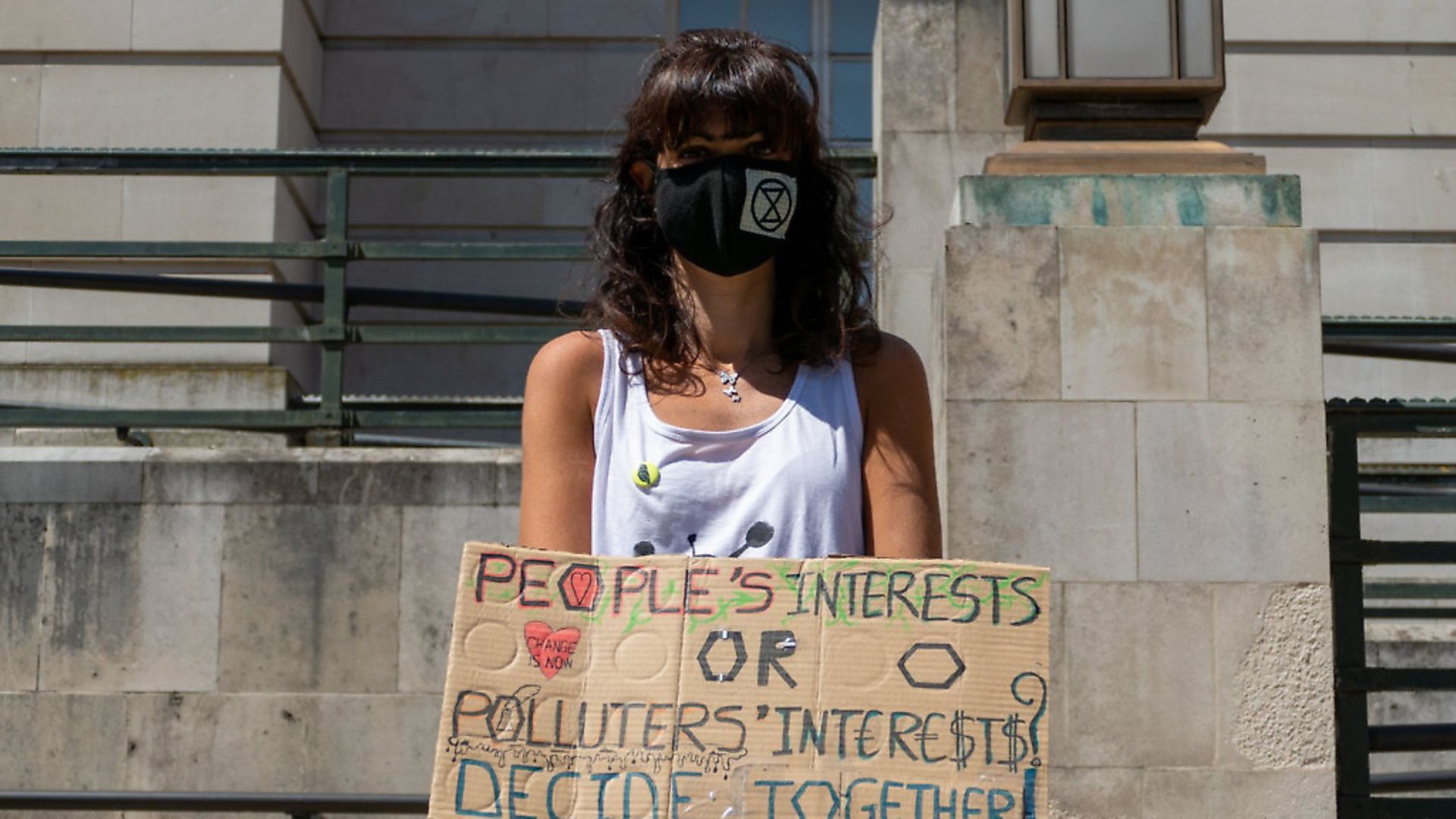
Environmental campaigner KIERRA BOX warns of the dangers of nations pursuing deregulation as a route to recovery.
With the dual emergencies of the coronavirus crisis and the imminent end of the UK’s Brexit transition period, the idea of throwing the rulebook out the window to secure quick trade deals might seem appealing. But it would be dangerously counterproductive to let the crisis response become a gateway for interest groups to weaken the very laws and regulations that keep us safe. The government’s insistence on carrying out trade negotiations with both the EU and the US during a pandemic, combined with political pressure to secure deals before the US elections and the end of transition, seems destined to result in knee-jerk decisions and set a worryingly low bar on oversight.
If a pandemic were a ‘normal’ kind of danger, like falling, responding would be instinctive for all of us. Stay away from the edge, look before you leap, hold tight to the rail. There would be outrage if our leaders continued to urge us along a crumbling cliffside path, citing common sense while hurling the safety barriers over the edge. But this is exactly what is happening. In just a few months, we’ve seen worrying calls at an international level for the easing of environmental, labour and consumer protections, cynically rebranded as ‘trade barriers’.
Rational calls for an anti-protectionist approach to trade in medical goods during the pandemic have already begun to drift into worrying arguments that continued liberalisation will be needed for recovery. But entering the race to the bottom would simply pile new crises upon the pandemic, like dealing with the burning house that is the climate emergency by settling light to the fire extinguisher.
The starting gun on this race has already been fired around the world. As some EU businesses asked for a halt to the implementation of new laws designed to raise environmental standards, lobbyists from North America to Australasia have successfully rolled back existing protections. The American Petroleum Institute secured a suspension of pollution monitoring requirements, with no oversight from the US Environmental Protection Agency even if public health is threatened. Logging companies have argued against the need to prove their product is not from illegally deforested areas for a decade – but it was the excuse of the Covid-19 economic slowdown that the Indonesian government gave for cutting verification measures this year.
In light of research suggesting a link between an increased risk of zoonotic (i.e. transmissible from animals to humans) diseases such as Covid-19 and biodiversity loss – which in turn is driven by climate change, pollution, land use changes and the expansion of industrial farming – it is especially concerning that the UK is pursuing a deal with the US that would essentially prop up these practices. US negotiators have already questioned UK bans on the import of livestock pumped with unnecessary antibiotics and hormones, banned any mention of climate change in trade negotiations, and suggested that any trade agreement should allow genetically modified goods and restricted pesticides and chemicals onto the UK market. A US-UK trade deal rushed through during a global pandemic has the potential to do serious harm to our environmental standards.
Meanwhile, in the EU, we’re seeing a worrying lack of progress on a negotiation still being held to arbitrary time limits, in part because of the UK’s reluctance to compromise on joining EU level playing field standards for things like workers’ rights and environmental protection. Ending the transition period without an agreement on December 31 would interrupt our food supply, leave us with restricted access to our nearest trading partner and could lead to a severe drop in standards. The planned UK Environment Bill, vital to well-functioning environmental governance in the future and already delayed by last year’s prorogation and snap election, has now been further delayed by lockdown.
A global response is needed to address the medical and economic crises caused by the pandemic, but that response must not be a lowest common denominator approach designed to stimulate economies at the cost of our health and environment. A cleaner and healthier future will not be secured through rushed trade deals; ripping up the rulebooks on trade will not get us to more resilient, stronger and more sustainable international supply chains.
It will take evidence-based cooperation between nations to support trade in goods and services produced in ways proven to support human health and biodiversity.
Fear – of a pandemic, change, falling – can make us freeze. That wouldn’t be helpful either. Navigating this dangerous path with the safety guards still in place would be good, but building a new road would be better. If Covid-19 has shown us that we are all in danger of falling, we can respond best by finding new ways of doing things that help us step away from the environmental cliff-edge altogether.
Kierra Box is from Friends of the Earth; additional contributions from Chloe Alexander, from CHEM Trust, and Orla Delargy from Sustain









